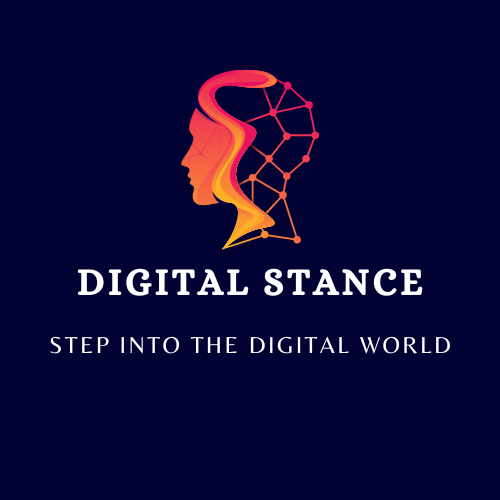
What is Digital Marketing?
Digital marketing refers to the use of digital channels, platforms, and technologies to promote and advertise products, services, or brands to a target audience. It encompasses a wide range of online marketing activities that leverage the internet and electronic devices such as computers, smartphones, and tablets. Digital marketing has become an integral part of modern business strategies due to the increasing importance of the internet and digital technologies in people’s lives & We at digital stance are offering Best Digital Marketing Course.
Here are some key components and strategies within digital marketing:
Search Engine Optimization (SEO): Seo involves optimizing your website and its content to rank higher in search engine results pages (SERPs). The goal is to increase organic (non-paid) traffic to your website.
Content Marketing: This strategy involves creating and distributing valuable, relevant, and consistent content to attract and engage a target audience. Content can include blog posts, articles, videos, infographics, and more.
Social Media Marketing: Leveraging social media platforms like Facebook, Instagram, Twitter, and LinkedIn to reach and engage with your audience. This can include organic posting, paid advertising, and influencer partnerships.
Email Marketing: Sending targeted emails to a list of subscribers to promote products, provide updates, or nurture leads. Email marketing can be highly personalized and is often used for customer retention.
Pay-Per-Click Advertising (PPC): This involves running paid ads on search engines (Google Ads) and social media platforms (Facebook Ads, Instagram Ads) to drive traffic to your website. Advertisers pay a fee each time a user clicks on their ad.
Affiliate Marketing: Partnering with other businesses or individuals (affiliates) who promote your products or services in exchange for a commission on sales generated through their efforts.
Influencer Marketing: Collaborating with influencers in your niche or industry to promote your products or services to their followers. Influencers can have a significant impact on brand awareness and credibility.
Analytics and Data Analysis: Using tools and data to track and measure the performance of your digital marketing efforts. This helps in making informed decisions and optimizing campaigns for better results.
Mobile Marketing: Tailoring marketing efforts for mobile devices, including mobile-responsive websites, mobile apps, and SMS marketing.
Remarketing/Retargeting: Targeting ads to users who have previously visited your website or interacted with your brand online, encouraging them to return and complete desired actions.
Video Marketing: Creating and sharing video content on platforms like YouTube or social media to engage and inform your audience.
Marketing Automation: Using software and technology to automate repetitive marketing tasks, segment audiences, and deliver personalized content and messages.
Digital marketing provides businesses with the ability to reach a global audience, target specific demographics, and measure the effectiveness of campaigns in real-time. It continues to evolve as new technologies and platforms emerge, making it essential for businesses to stay up-to-date with the latest trends and best practices in the digital marketing landscape
Course Highlights: Best Digital Marketing Course
•Industry-Expert Instructors: Learn from seasoned professionals with years of hands-on experience in digital marketing
•Cutting-Edge Content: Stay up-to-date with the latest digital marketing trends, tools, and strategies.
•Practical Application: Apply your knowledge through real-world projects and case studies.
•Certification: Earn a recognized certification upon course completion to boost your career prospects.
